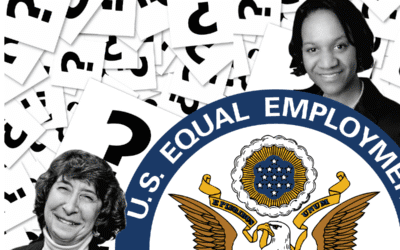There is a forthcoming amendment to the Fair Labor Standards Act (FLSA) and a United States Supreme Court case currently pending, both of which could have major impacts on how and how much employers pay their employees.
As was pointed out in an article from Laura Rubenstein here, the Department of Labor (“DOL”) revised FLSA provisions regarding when employees may be considered exempt from overtime pay to be effective July 1. The minimum salary thresholds for executive administrative professionals (EAP) and for highly compensated employees (HCE) who would be considered exempt will be increased to $43,888 per year and to $132,964, respectively. Employees not otherwise exempt below these thresholds will be entitled to overtime pay after 40 hours of work per week.
There are currently three different lawsuits that have been filed in Texas challenging the effectiveness of this Final Rule. These lawsuits have also requested that the implementation of the Final Rule be delayed. However, it is possible that these suits may not be decided before July 1, and employers should take steps necessary to properly classify their employees or raise salaries if they anticipate they will be affected. RKW will keep an eye on the suits and update its clients.
The U.S. Supreme Court has also agreed to hear a case regarding FLSA overtime regulations and the eligibility of an outside sales employee for exemption status. Before getting to the Supreme Court, the U.S. Court of Appeals for the Fourth Circuit held that employers needed to show “clear and convincing evidence” that employees were exempt from minimum wage and overtime standards under the FLSA. This standard is higher than the standard used in other courts – “preponderance of evidence.” So far, the Fourth Circuit is the only regional appellate court to hold this way.
If the Supreme Court affirms the Fourth Circuit decision during its next term, it could mean that employers will have to adopt stringent guidelines for employee salaries, responsibilities and duties in order to maintain exempt status for those who qualify. Depending on the Supreme Court’s ruling, it may open the flood gates to unpaid wage claims against employers. Smart employers should be spending the year reviewing the responsibilities of their exempt employees.
If you need help reviewing your employees’ exempt or non-exempt status, contact a labor and employment attorney at RKW Law Group.










